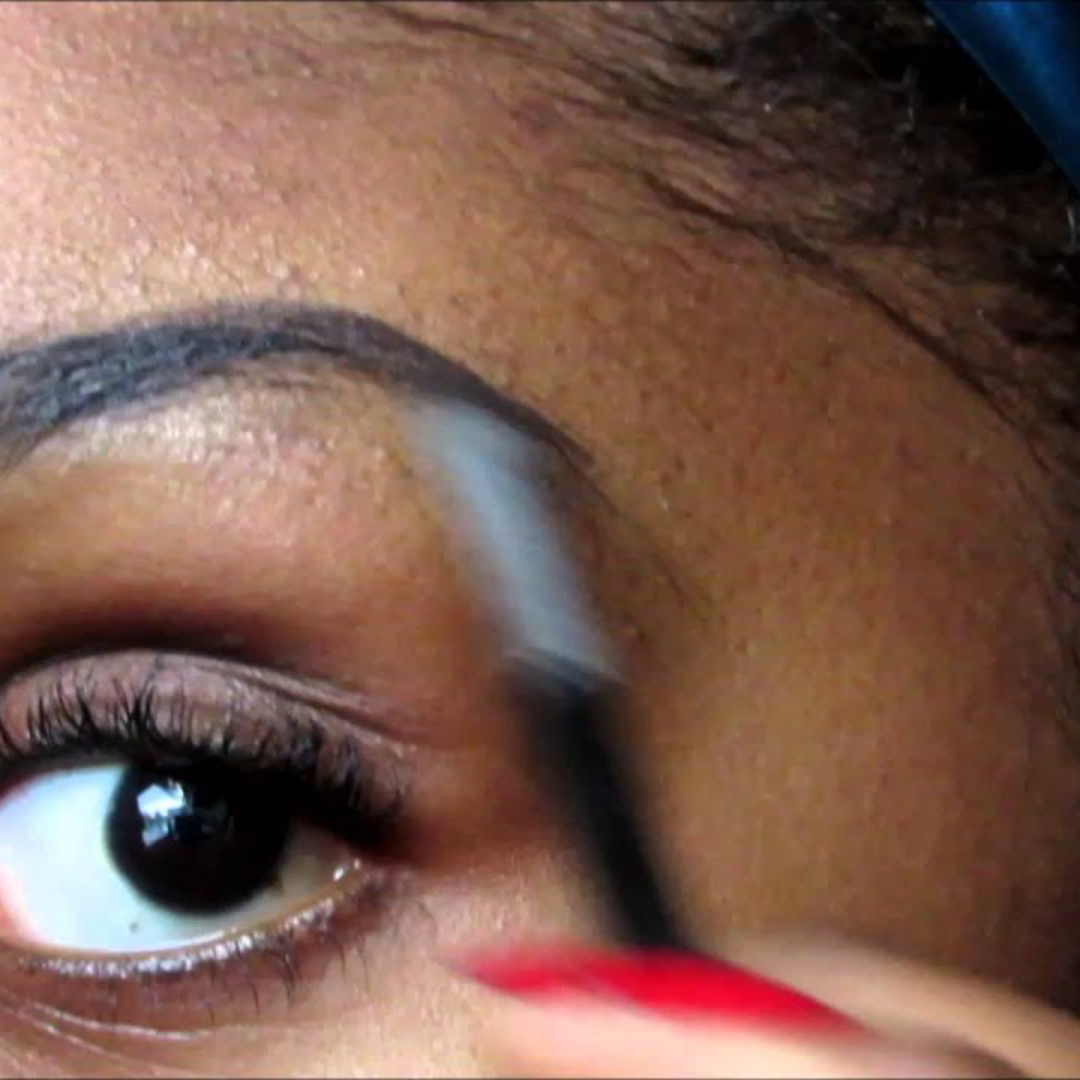Your skin barrier is the outermost layer of your skin that protects you from external aggressors and keeps your skin healthy and hydrated. It is also known as the stratum corneum, the acid mantle, or the lipid barrier. In this blog post, we will explain what your skin barrier is, why it is important, how to tell if it is damaged, and how to repair and maintain it with the right skincare products and habits.
What is your skin barrier and what does it do?
Your skin barrier is composed of three main elements:
- Dead skin cells that form a protective shield against water loss and environmental stressors.
- Lipids (fats) that fill the spaces between the dead skin cells and act as a glue to hold them together. They also provide moisture and elasticity to the skin.
- Natural moisturising factor (NMF), which is a mixture of water-soluble substances that help retain water in the skin and maintain its pH balance.
Your skin barrier has several functions, such as:
- Preventing transepidermal water loss (TEWL), which is the evaporation of water from the skin. This helps keep your skin hydrated and plump.
- Regulating skin pH, which is the measure of how acidic or alkaline your skin is. Your skin barrier has a slightly acidic pH of around 5.5, which helps prevent the growth of harmful bacteria and fungi that can cause infections and inflammation.
- Protecting from external aggressors, such as UV rays, pollution, allergens, chemicals, and microorganisms. This helps prevent skin damage, premature aging, and sensitivity.
How can you tell if your skin barrier is damaged?
Your skin barrier can be damaged by various factors, such as:
- Over-cleansing or over-exfoliating your skin, which can strip away the natural oils and lipids that keep your skin barrier intact and healthy.
- Using harsh or unsuitable skincare products, such as alcohol, fragrances, sulfates, or essential oils, which can irritate or dry out your skin and disrupt its pH balance.
- Exposing your skin to extreme temperatures or low humidity, which can dehydrate your skin and make it more vulnerable to environmental stressors.
- Having certain skin conditions, such as eczema, psoriasis, or rosacea, which can impair your skin barrier function and cause inflammation and redness.
Some of the signs and symptoms of a damaged skin barrier are:
- Dryness or dehydration, which can make your skin feel tight, rough, or flaky.
- Sensitivity or irritation, which can make your skin feel itchy, burning, or stinging.
- Redness or inflammation, which can make your skin look flushed, swollen, or blotchy.
- Breakouts or infections, which can make your skin develop pimples, rashes, or wounds.
How can you repair and maintain your skin barrier?
If you suspect that your skin barrier is damaged, don’t worry. There are some steps you can take to repair and restore it, such as:
- Cleansing gently and sparingly, using a mild, pH-balanced, and fragrance-free cleanser that does not strip away your skin’s natural oils and lipids. Avoid scrubbing or rubbing your skin too hard, and limit your cleansing to once or twice a day.
- Moisturising regularly and deeply, using a hydrating, nourishing, and occlusive moisturiser that replenishes your skin’s water and lipid content and seals in the moisture. Look for ingredients such as hyaluronic acid, ceramides, cholesterol, fatty acids, glycerin, and squalane, which are beneficial for your skin barrier.
- Exfoliating gently and occasionally, using a gentle, chemical exfoliant that removes the dead skin cells and improves your skin texture and tone. Avoid using physical exfoliants, such as scrubs or brushes, which can cause micro-tears and irritation to your skin. Also, limit your exfoliation to once or twice a week, and always follow with a moisturiser.
- Protecting from sun damage and pollution, using a broad-spectrum sunscreen with at least SPF 30 every day, even when it is cloudy or indoors. This will help prevent UV-induced skin damage, such as wrinkles, pigmentation, and skin cancer. You can also use antioxidants, such as vitamin C, vitamin E, or niacinamide, which can help neutralise the free radicals and oxidative stress caused by pollution and other environmental factors.
- Avoiding triggers and irritants, such as alcohol, smoking, stress, or spicy foods, which can worsen your skin condition and cause inflammation and sensitivity. Instead, try to adopt a healthy lifestyle, such as drinking enough water, eating a balanced diet, getting enough sleep, and managing your stress levels.
FAQs
Here are some frequently asked questions about your skin barrier and how to take care of it.
Q: How long does it take to repair your skin barrier? A: It depends on the extent of the damage and the individual’s skin condition, but generally, it can take anywhere from two weeks to two months to fully repair your skin barrier. Be patient and consistent with your skincare routine, and avoid changing your products too often.
Q: How can I test my skin barrier function? A: One simple way to test your skin barrier function is to do the “pinch test”. Gently pinch a small area of your skin between your fingers and observe how it reacts. If your skin snaps back quickly and smoothly, it means your skin barrier is healthy and resilient. If your skin takes longer to bounce back or feels rough or bumpy, it means your skin barrier is damaged and weak.
Q: What are the best ingredients for your skin barrier? A: Some of the best ingredients for your skin barrier are:
- Hyaluronic acid, which is a humectant that attracts and binds water to your skin, making it hydrated and plump.
- Ceramides, which are lipids that form the main component of your skin barrier and help restore its structure and function.
- Cholesterol, which is another lipid that works with ceramides to stabilise your skin barrier and prevent water loss.
- Fatty acids, which are lipids that provide moisture and elasticity to your skin and help reduce inflammation and irritation.
- Glycerin, which is a humectant and an emollient that moisturises and softens your skin and helps maintain its pH balance.
- Squalane, which is an oil that mimics your skin’s natural sebum and helps replenish your skin’s lipid content and prevent TEWL.
- Niacinamide, which is a vitamin that strengthens your skin barrier, reduces redness and inflammation, brightens your skin tone, and regulates your sebum production.
Q: What are the worst ingredients for your skin barrier? A: Some of the worst ingredients for your skin barrier are:
- Alcohol, which is a solvent and an astringent that can dry out and irritate your skin and disrupt its pH balance.
- Fragrances, which are synthetic or natural substances that can cause allergic reactions, sensitivity, or inflammation to your skin.
- Sulfates, which are surfactants that can strip away your skin’s natural oils and lipids and make your skin more prone to TEWL and infections.
- Essential oils, which are concentrated plant extracts that can be too potent and harsh for your skin and cause irritation, photosensitivity, or allergic reactions.
- Physical exfoliants, which are abrasive particles or tools that can cause micro-tears and damage to your skin and compromise its barrier function.
Conclusion
Your skin barrier is the key to healthy and beautiful skin. By understanding what it is, why it is important, how to tell if it is damaged, and how to repair and maintain it, you can achieve the best results for your skin and prevent many common skin problems. Remember to be gentle, hydrate, protect, and avoid triggers, and your skin will thank you for it.
I hope you enjoyed reading this blog post and learned something new. If you have any questions or comments, feel free to leave them below. I would love to hear from you.

 By
Beauty Adams
By
Beauty Adams




